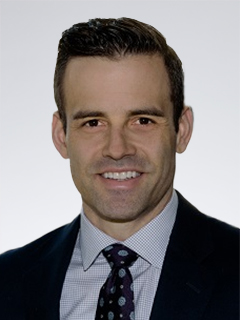KPMG Inside International Tax
Episode 10-2022 | Due to recent developments, the widespread implementation of the OECD’s Pillar Two Global Anti-Base Erosion (GloBE) rules is now a strong probability. It seems to be more a question of when, not if. While not a single dollar (or, more accurately, a euro, pound, or won) will be collected for at least a couple years, under the Model Rules, M&A transactions entered into today can have a significant impact on GloBE tax liability tomorrow.
In this podcast, we discuss the many pitfalls that these rules may present to taxpayers currently engaging in M&A transactions. Will a tax election to step up the basis in assets on an acquisition of equity interests (e.g., a section 338(g) or section 754 election) be respected for purposes of the GloBE rules? How can the GloBE rules impact post-merger integration? How can acquisitions of goodwill and other long-lived assets expose a company to a top-up tax? How can having a JV entity included in the consolidated financial statement expose a taxpayer to a top-up tax attributable to an unrelated JV partner?
Join us as our host Gary Scanlon interviews Stephen Massed from the KPMG Washington National Tax (WNT) M&A group and Kevin Brogan and David de Ruig from WNT's International Tax group to explore these questions and more on this episode of Inside International Tax.
Meet our podcast team




Discover more podcast episodes in this series
More KPMG Inside International Tax episodes
